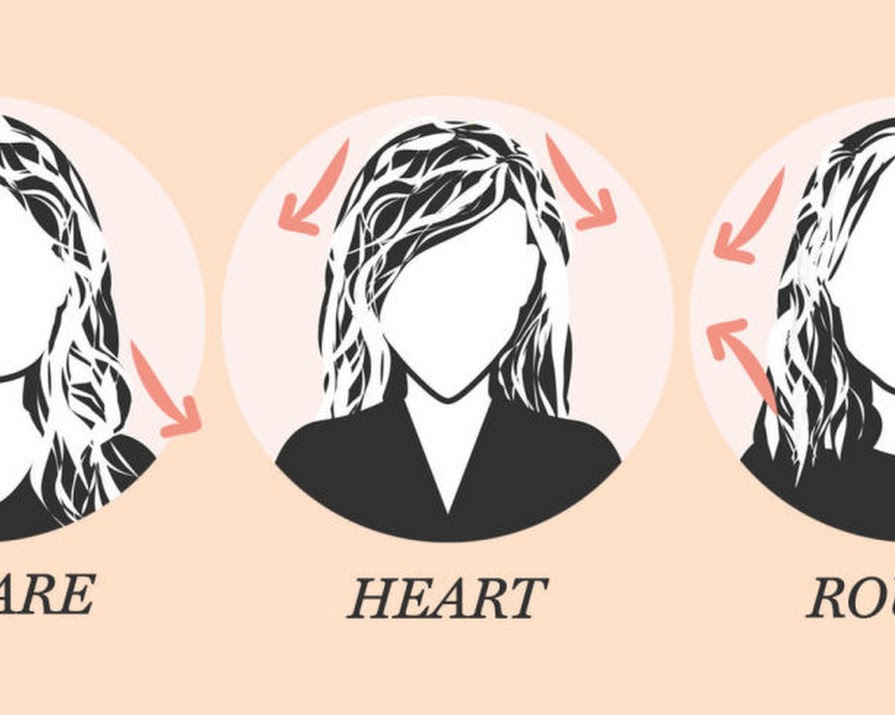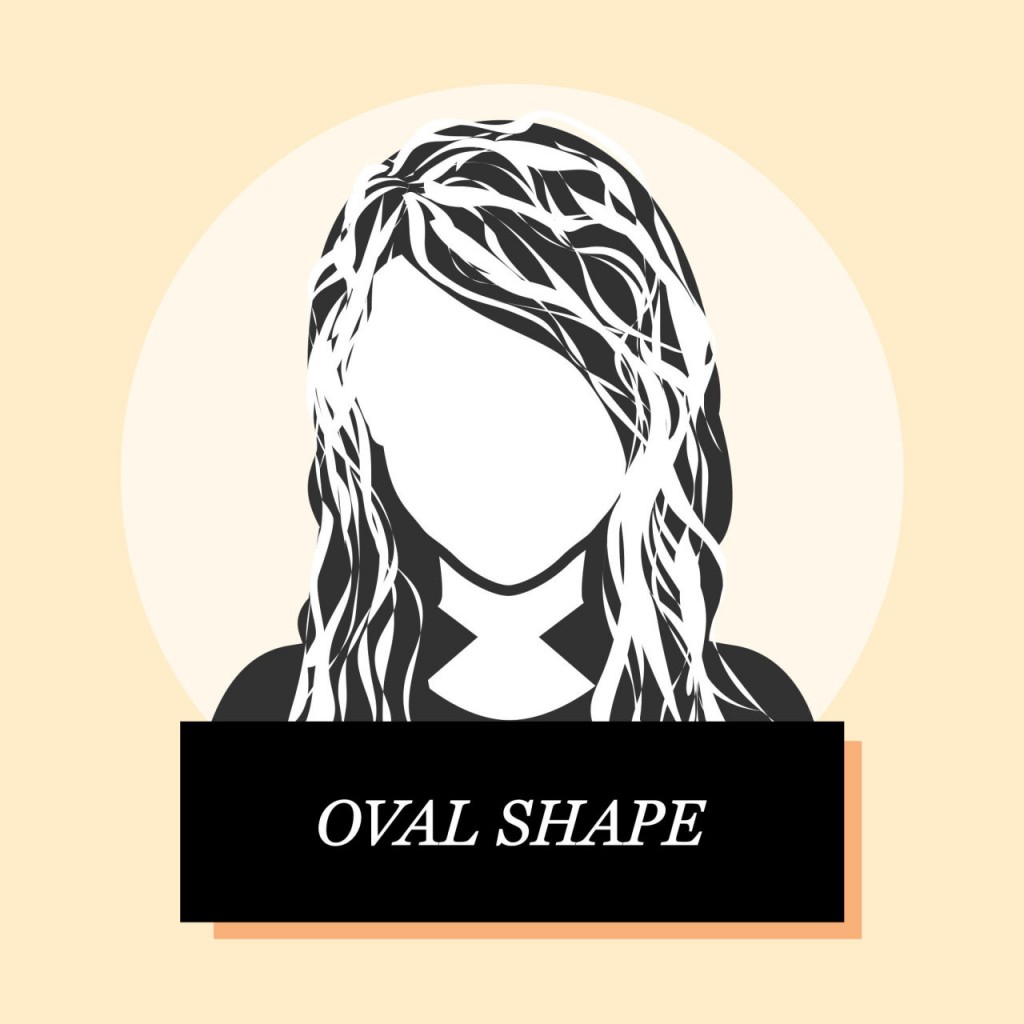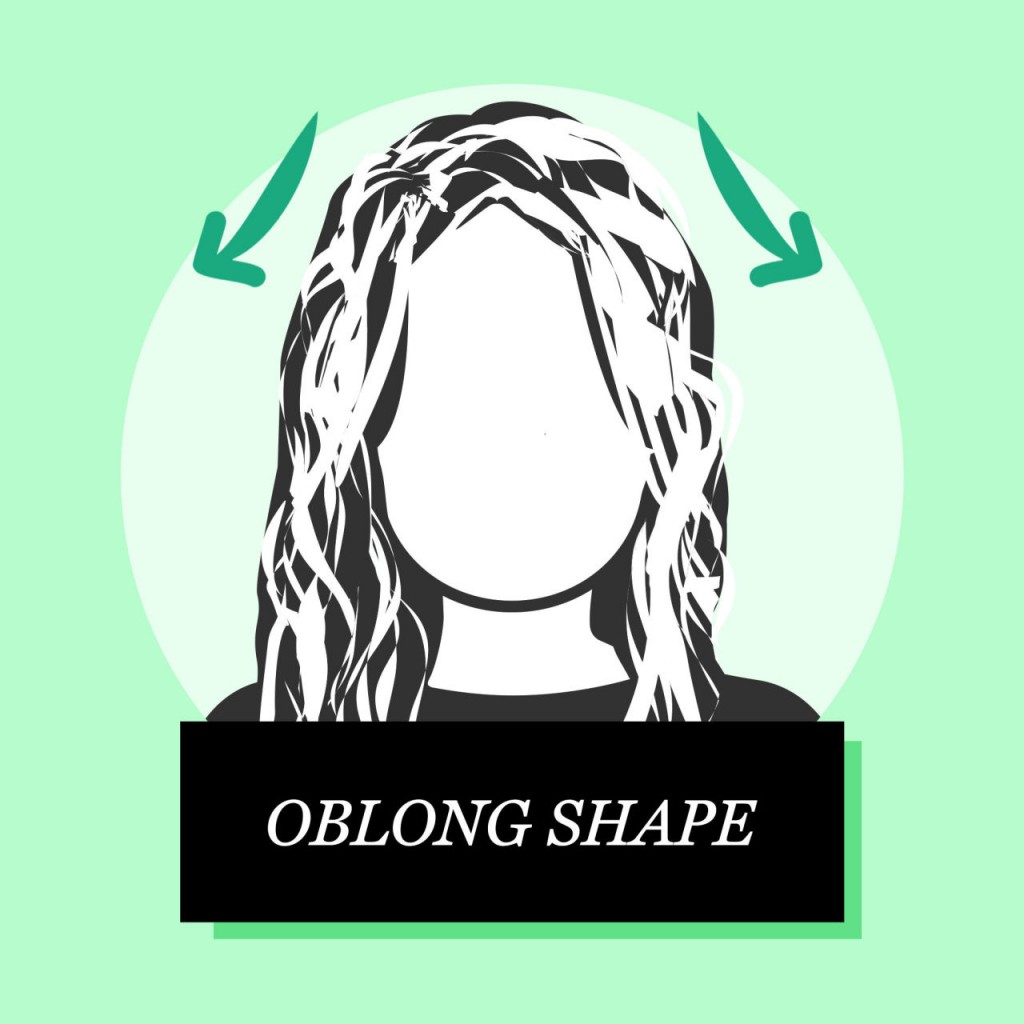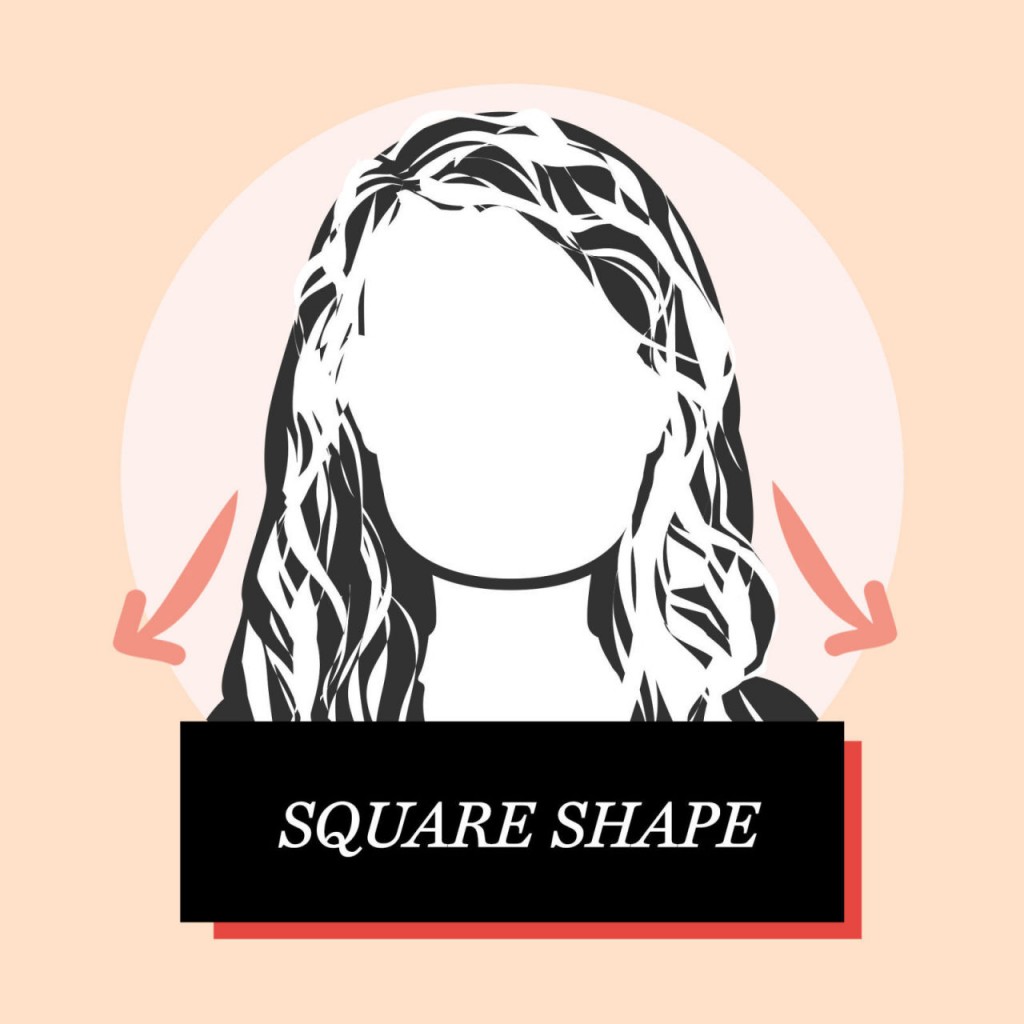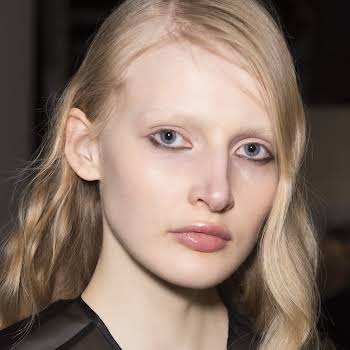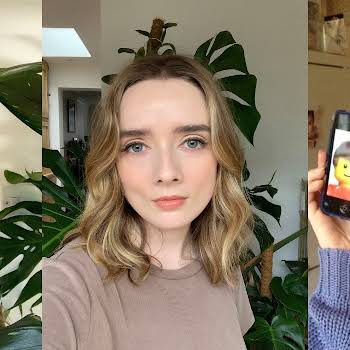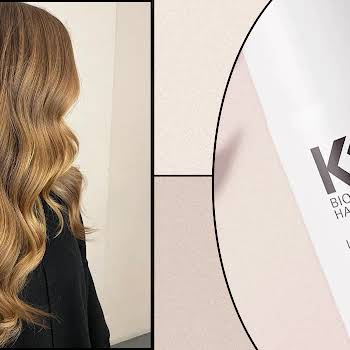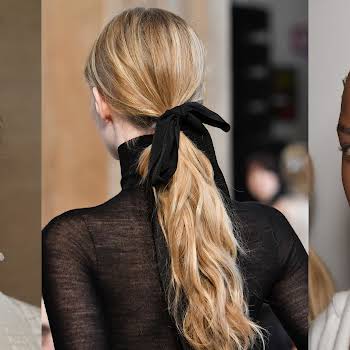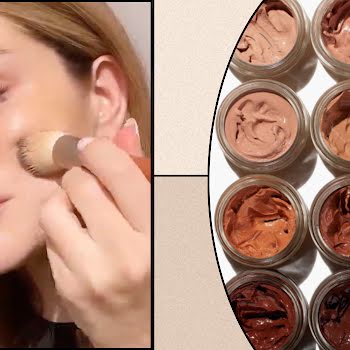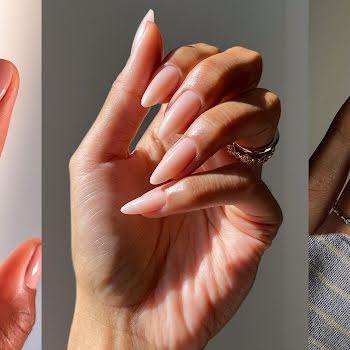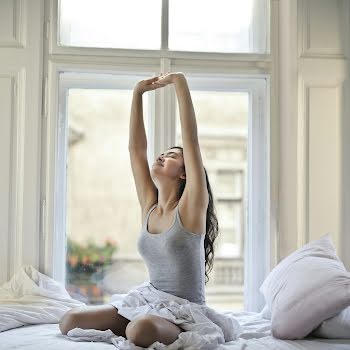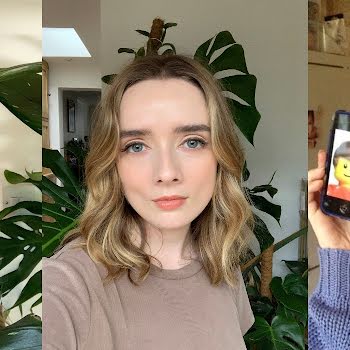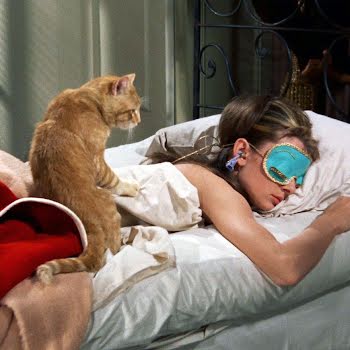
By Jennifer McShane
22nd Aug 2015
22nd Aug 2015
We’ve spoken quite a bit here at IMAGE.ie about contouring as a beauty technique. The correct way to do it, the more dramatic side of it and so on. However now, we’ve discovered there is something called Hair Contouring starting to emerge amidst all the trends.
According to Marie Claire, you can also sculpt your face, using meticulously placed highlights and lowlights throughout your hair.
Marc Trinder, a UK-based stylist and art director at Charles Worthington spoke about this hair contouring technique.
“By using light and dark tones to create shadow and depth on the face, as well as applying color in specific areas of the hair, you can completely alter either an entire face shape or specific areas,” he explained.
While it is, in fact, quite similar to facial contouring, it apparentlytakes the tailor-made approach even further. “It’s completely bespoke to each individual,” said Trinder. “We experiment with different colour for different face shapes to see what tones might elongate or create a more oval shape on the chin, for example.”
Round Faces
?Round faces generally have strong bone structure, so light tones are applied around the hairline, from ear to ear, while darker tones are painted underneath the ears and lower ends of the hair,? he continued.
Oval Faces
According to Trinder, we should consider the oval face a one-size-fits-all as it not only suits most styles and colours?it’s basically the perfect shape for hair contouring.
Oblong Faces
?Deeper tones are applied to the root along the part and micro-highlight pieces are threaded from above the ears to the ends of the hair, creating an angular and slimming effect on the face.?
Square Faces
Square-shaped faces have wider facial features, so multi-tonal layers of light and dark are applied to the corners of the face and around the jawline and temples, to softens lines and add more depth, according to Trinder.
Heart Faces
To create a more ovular shape on a heart-shaped face, lighter pieces are woven around the jawline and ears to soften the bottom half of the face.
It certainly makes sense as a concept. What do you make of this? Have you tried it?
Via Marie Claire
*Pictures also via Marie Claire











